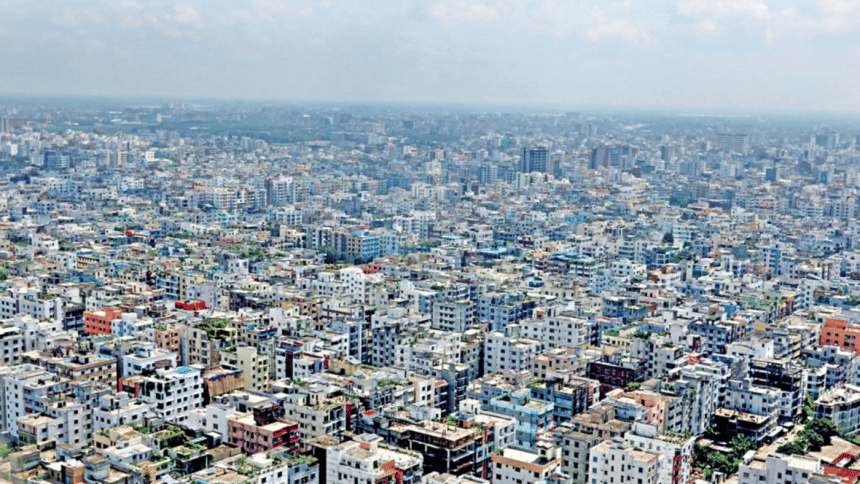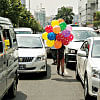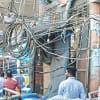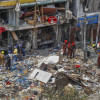Dhaka deserves better, and so do we

It was the best of times; it was the worst of times.
It was the summer of uprising; it was the monsoon of a new beginning.
Or so we thought.
The July uprising brought a whiff of freedom, an air of hope, and the promise of change. But now, as the dust settles and the jubilation fades, the reality of our nation's unchanged mindset looms large.
Dhaka, our dear chaotic metropolis, stands as a testament to both our potential and our pitfalls.
On August 5, we woke up to a new country. Autocracy was gone, and fascism had taken its leave (hopefully for good). Yet, as we step onto the streets now, it becomes glaringly apparent that some things are stubbornly immune to reform. The encroached streets, the vendors colonising footpaths, the reckless bus drivers -- all are still here, as if the July uprising had been nothing more than a brief dream. Cars still purloin streets as garages, and buses still regurgitate their passengers in the middle of the road without any care.
And what about our rivers and canals? They remain under siege, assaulted daily by grabbers and polluted beyond recognition. Trees and hills, it seems, still remain public enemies with bulldozers and axes eagerly reducing them to memories. Construction projects continue to spew dust and debris, as if health and safety regulations were optional. Meanwhile, the city gasps under the weight of pollution -- air, water, and everything in between.
All of this boils down to one immutable truth: our collective mindset hasn't changed. Yes, we've renamed bridges and buildings, changed bureaucratic posts, replaced university VCs, and even altered historical dates. But these changes are superficial. What truly needs reforming is us -- our habits, our attitudes, our apathy towards the city we claim to love.
Take, for instance, the ongoing struggles with waste management. The streets and waterbodies remain our dumping grounds, as if we believe trash magically disappears once it leaves our homes. Once lifelines, the rivers are now repositories of filth. Dhaka's traffic remains an elaborate comedy of errors, with each mode of transport vying for the dubious honour of causing the most chaos. It's almost impressive, in a darkly humorous way.
It's as if Dhaka is screaming for help and we're not listening. This city has given us much -- it's where our dreams were built, where hope bloomed. Yet, when it comes to giving back, we falter. Bob Dylan once sang, "The times they are a-changin'," but for Dhaka, the melody remains stuck in a perpetual loop of neglect and disregard. Perhaps, as a nation, we're waiting for someone else to fix the mess -- anyone but us.
Our national pastime seems to be avoiding responsibility.
What's truly tragic is the lack of love we show Dhaka. The city has endured protests clogging its arteries, encroachments stealing its lifeblood, and pollution choking its spirit. Yet, we treat it as an afterthought. It is the city we inhabit but refuse to nurture.
Reform or change is a heavy word, and our collective resistance to it is glaring. We need to stop treating Dhaka as an indestructible entity that will endure regardless of our actions. The sacrifices of the past mean nothing if we fail to preserve and improve what we've fought for.
It is time to channel the spirit of the uprising. It was not meant to just bring down a regime but also to transform ourselves.
Dhaka deserves better, and so do we.

 For all latest news, follow The Daily Star's Google News channel.
For all latest news, follow The Daily Star's Google News channel. 








Comments